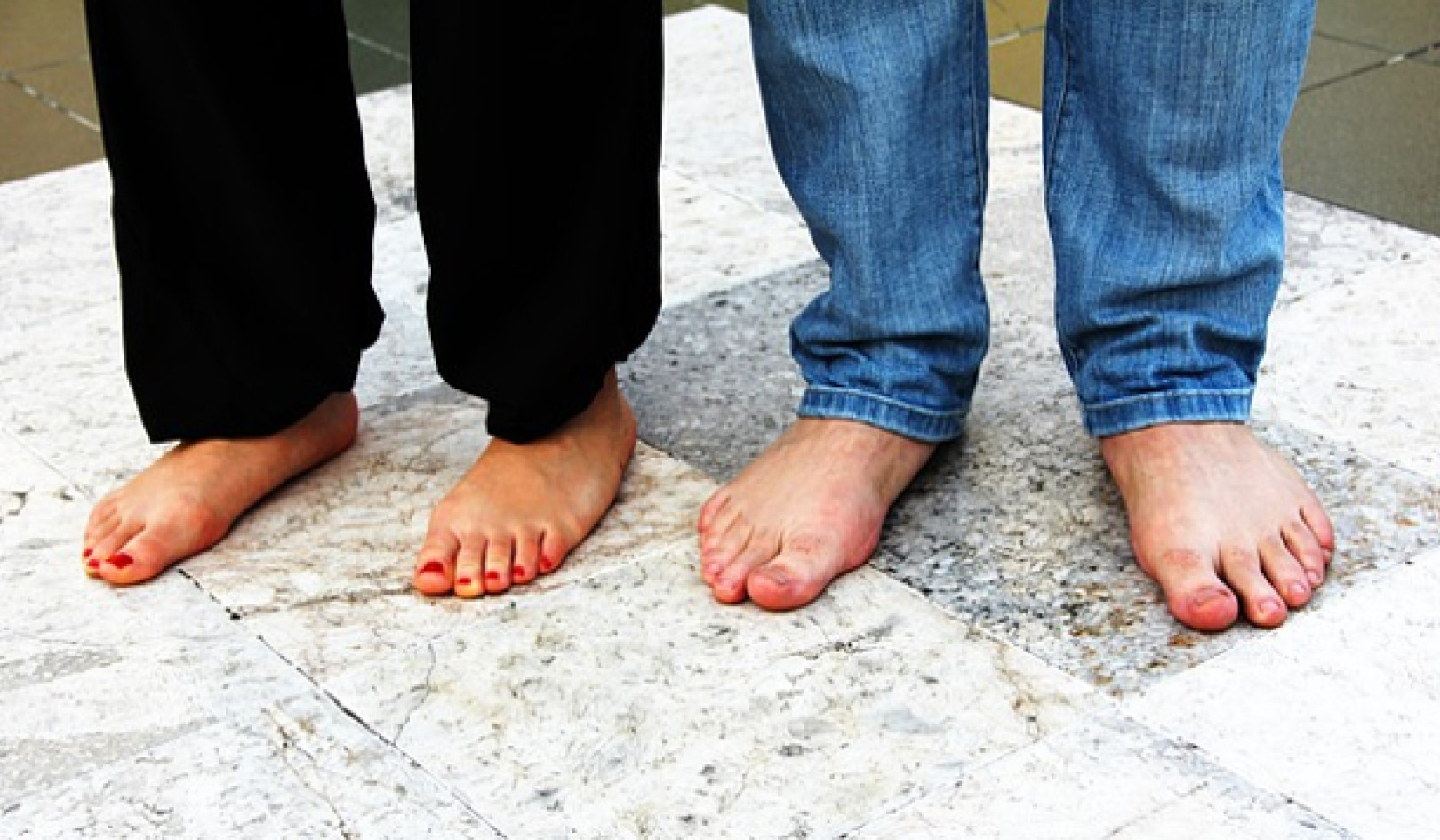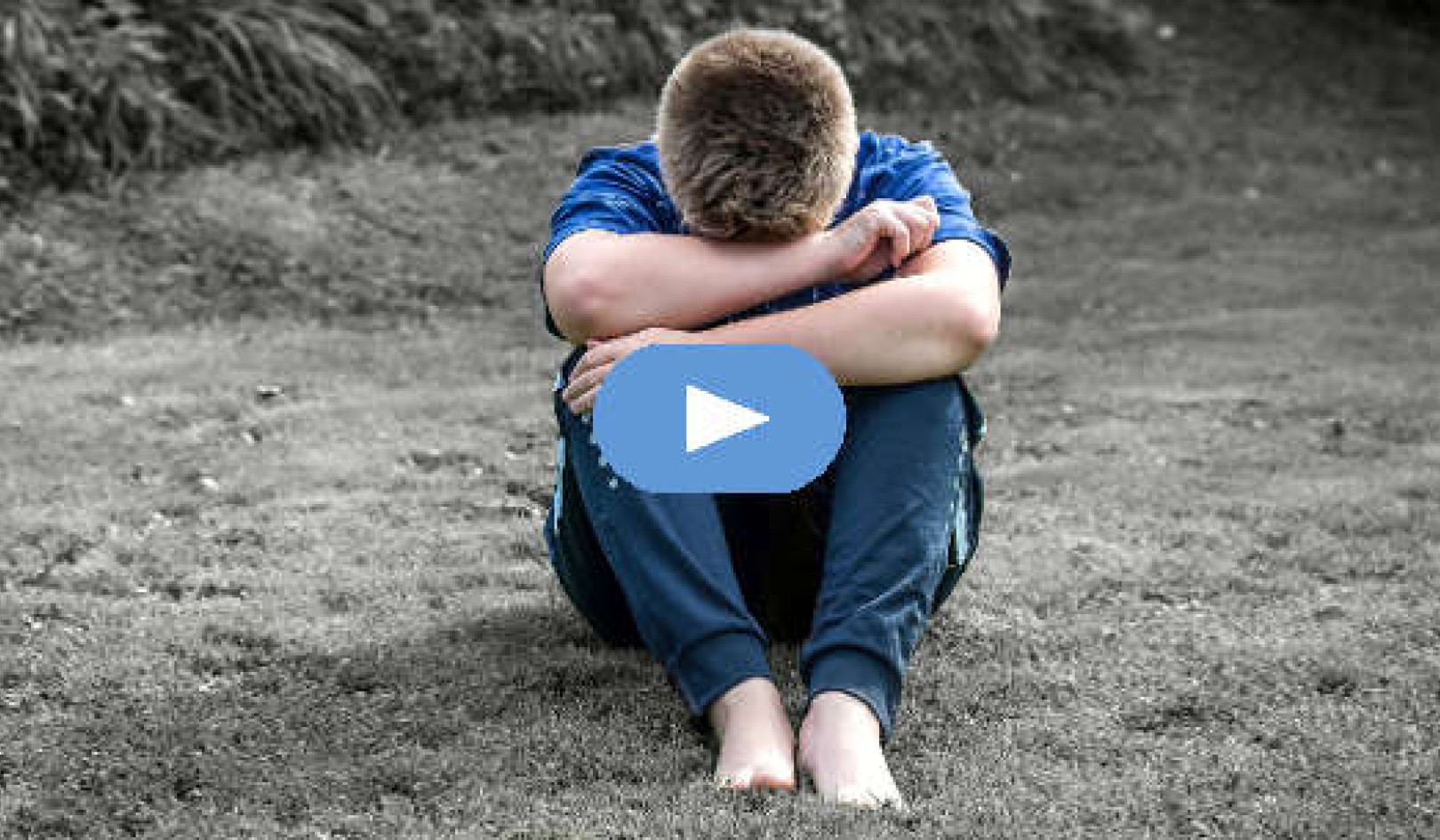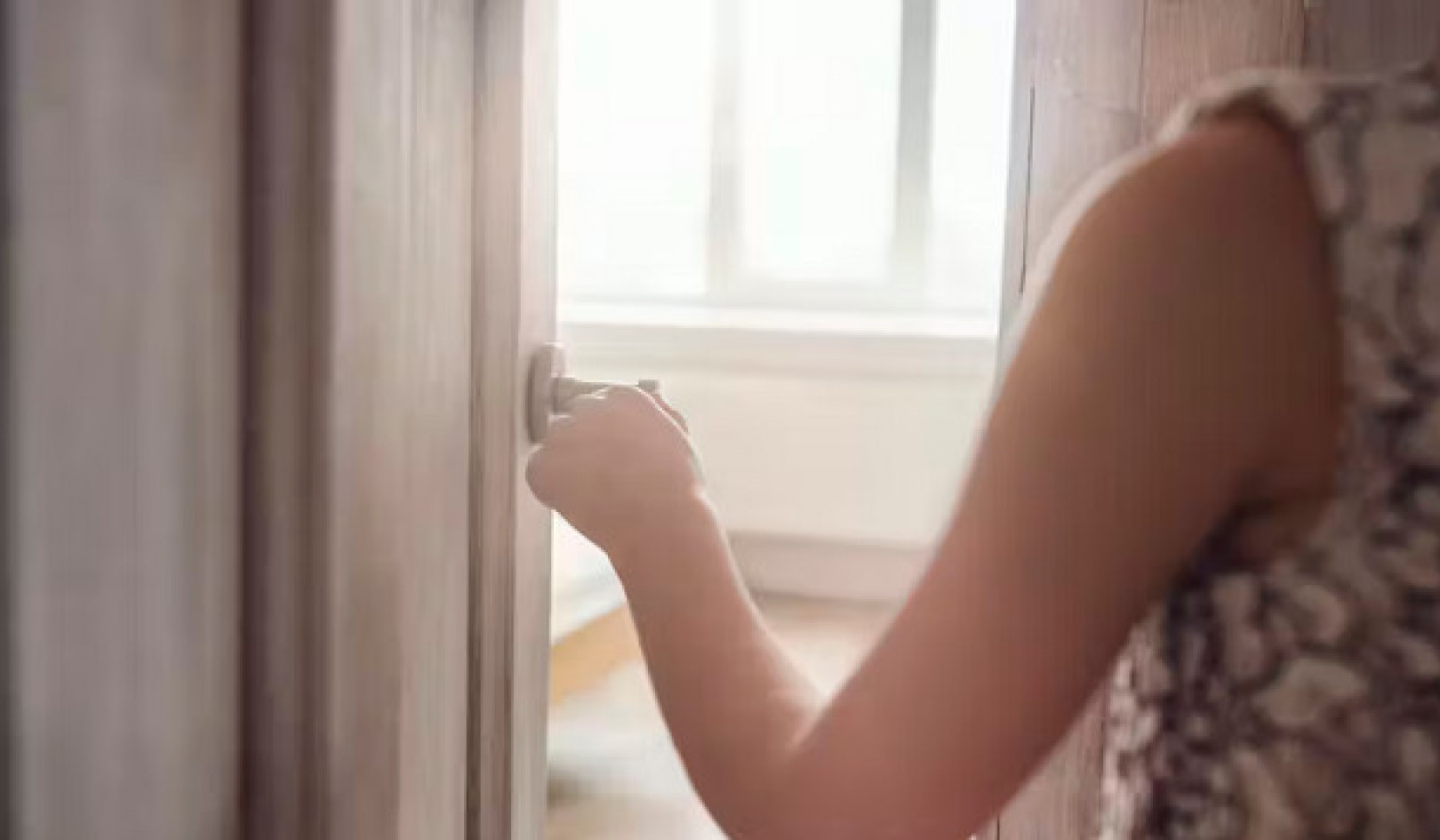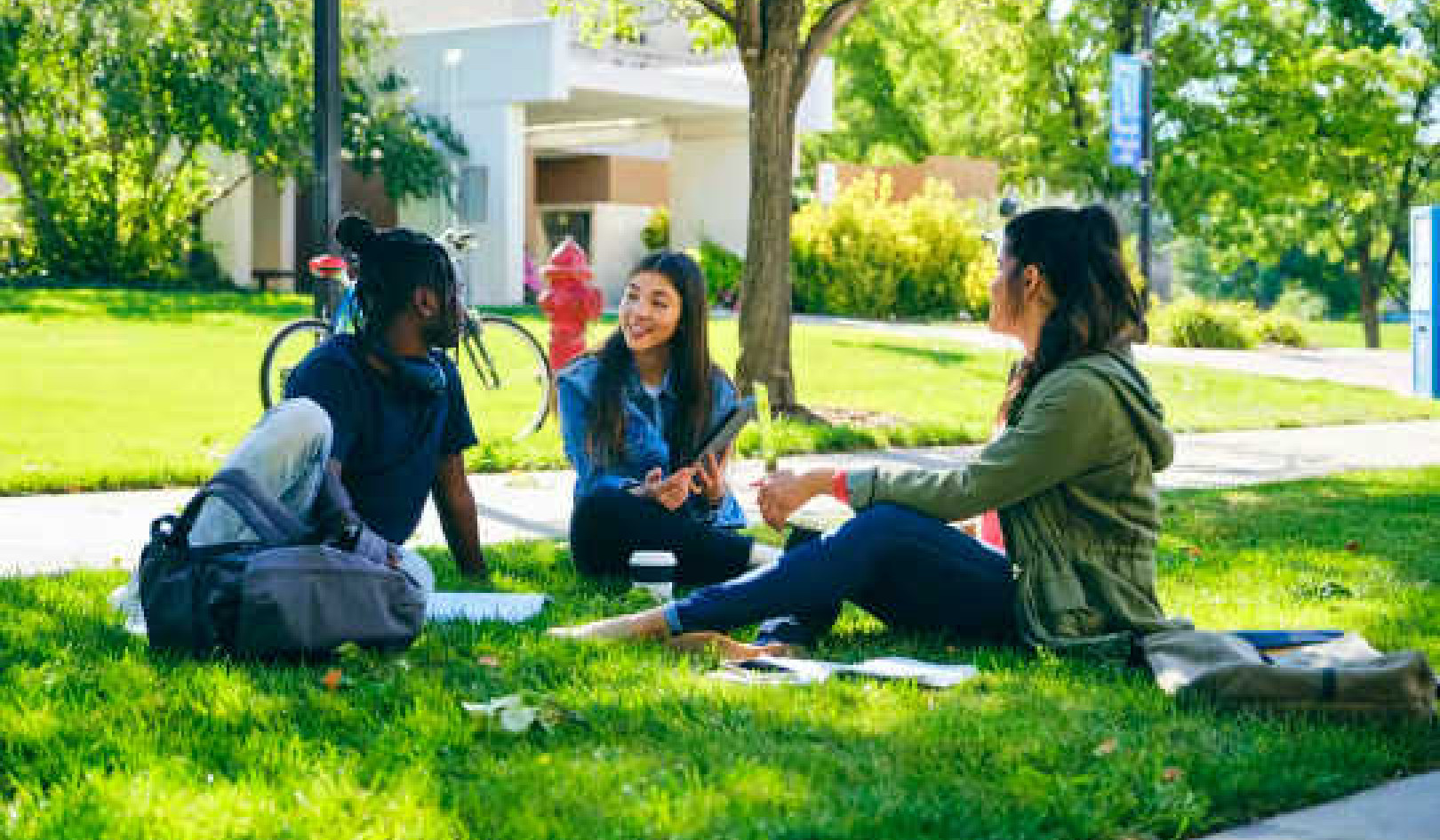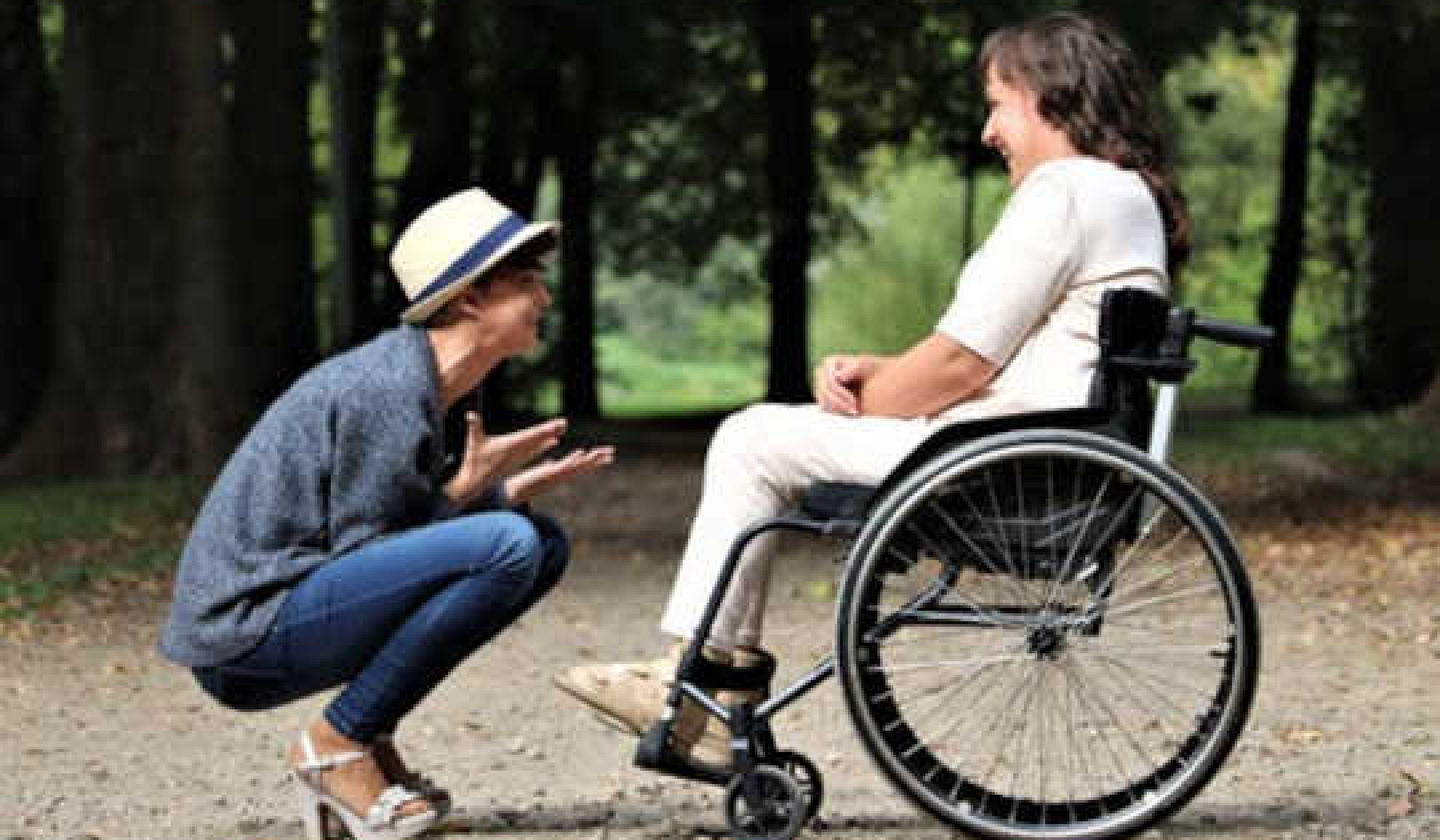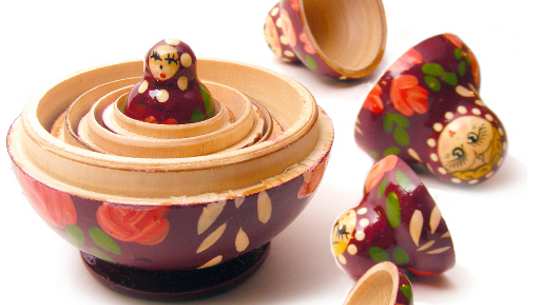
The most beautiful thing we can experience is the mysterious.
It is the source of all true art and all science.
He to whom this emotion is a stranger,
who can no longer pause to wonder and stand rapt in awe,
is as good as dead: his eyes are closed.
-- Albert Einstein
When my daughter, Hira, was seven months old, my wife and I rented a house in Arlington, Vermont, for the summer. I was still on my first sabbatical leave from teaching. It had begun three weeks after Hira was born. It was a period that consisted largely of the care and nurturing of an infant, something with which few fathers are blessed.
The day after our arrival in Arlington we went to see an old friend of mine, his wife, and their two apple-cheeked children. They lived in a house with a white picket fence and the whole scene seemed to have been plucked from a Norman Rockwell painting. Everything was wholesome. The family smiled to greet us. We were all set for a peaceful and relaxing day with friends. But it was not to be so.
I carried Hira through the front door. As soon as we entered the house, she began to scream. Her mom and I were quite surprised. She was a good-tempered baby and rarely screamed. And this time she would not stop. Rocking, cooing, coaxing -- no method was effective. Finally, in desperation. I fled outside with Hira.
As soon as we stepped out of the house. Hira stopped crying. I then turned around and went back in with her. Once again, she began to scream. I took her outside again. She stopped crying. I did this four or five times until it became quite clear that we would have to leave. We did.
Hidden Feelings Are Not Invisible
The next day I phoned my friend to check in. After all, I had only had about three minutes of conversation with him the day before. It was during that phone call that the reason for Hira's screaming became apparent. On the day of our visit my friend and his wife had decided to get a divorce. Their marriage was on the rocks. Rather than postpone our social visit, my friend and his wife had decided to put on a happy face and entertain us. This fooled me. This fooled my wife. But it did not fool Hira.
There was pain in that house. There was agony. It filled up the house, it overflowed from the bedroom. It crawled along the floor. It shivered along the windowpanes. And only Hira felt it.
All seven-month-old babies feel. All seven-month-old babies are endowed with the ability to communicate their pain. It's very simple: When something hurts, they cry. When it stops hurting, they stop crying. There was enough pain in that household in Arlington, Vermont, to make my baby daughter scream. She knew nothing of marriage or divorce, of body language or innuendo, of hypocrisy. She only knew that it hurt in there. She was in tune with her surroundings.
Insulating Ourselves from Feelings that Hurt
Babies see things that we no longer allow ourselves to see. Babies feel things that we don't allow ourselves to feel. Clearly we can not always stay in the level of sensitivity of a seven-month-old baby. If we did, the pain of the world would soon overwhelm us. So we learn to protect ourselves. We learn to insulate ourselves. This is natural, even necessary.
Perhaps we owe our survival as a species to the existence of our sixth sense. When it comes to sight, the hawk is much better equipped than a human. The bat hears infinitely more acutely. The common grub has a more developed sense of touch. The dog has a better sense of smell. The cheetah is faster, the elephant stronger, and the cockroach more physically adaptable. And any number of animals have a more acute sense of taste.
On the whole, the human race would be a very vulnerable one if it had to rely solely on physical attributes. It was the development of the intellect that allowed humans to see beyond the present moment. Intellect gave us human creatures something that no other animals had: a plan. We are the only species that plans ahead -- and intuition gave us insight into the moment.
Our Sixth Sense is Our Birthright
This sixth sense is our birthright. Today we have come a long distance from standing in the jungle and tuning in to the presence of a saber-toothed tiger. Yet even in our modern, technological world, we still tune in to our surroundings. Our psychic ability is as much a part of us as our intellect.
There are countless instances of mysterious spontaneous insight that we can experience in our daily lives. For example, just about everybody has had the experience of thinking of someone just as she telephoned. Or we'll dream of somebody and then receive a letter from her the next day. How do such events occur? How can I be thinking of someone on the other side of the country a split second before she phones? There really is no explanation for such concurrence. There is no explanation, but the reality persists.
We are all psychic. And even if we have suppressed that quality in our conscious lives, it emerges night after night in our dreams. For our dreams appear despite us. They are our nightly window into our own psychic awareness.
Fearing and Distrusting our Intuitive Powers
There is widespread distrust and fear of our intuitive powers. For one thing, we are taught to be wary of our "fortune-tellers." However, true psychic or intuitive sensitivity is the exact opposite of "fortune-telling." It is our intellect, not our intuitive ability, that looks toward the future. It is the intellect that is directed toward the plan, the goal, and the ultimate end. Our intuitive sense, on the other hand, is most profoundly directed into the moment -- into the here and now.
One does not work to achieve a Ph.D. in psychic awareness any more than one studies to breathe. It comes naturally and with ease. And the younger we are, the more naturally we breathe. All we need to do is watch an infant sleep, watch the deep and relaxed breaths, to see how natural it is.
This naturalness does not last. From the time we enter school we are taught to deny a basic part of ourselves. While science now recognizes that there are two sides of the brain, we are taught to accept only one. We are essentially taught to deny half of our intelligence. We learn to distrust our own sight and hearing at a very early age. Imagination is the intellectual tool of the child, yet it has little place in the educational system and becomes more and more of a liability to the student as he or she progresses through the system.
Intuition & Imagination: Right-Brain Functions
It is imagination that is the mainstay of the psychic. Joan of Arc claimed to have heard the voice of God speaking to her. During her trial as a witch, her accusers stated that she didn't hear God, she just had a very active imagination. Her response was simple: "God speaks with us through our imagination."
The right side of the brain governs imagination, emotions, and intuition. Physiologically, it crosses over and controls the left side of the body. On the other hand, the left side of the brain, controlling the right side of the body, is the practical and problem-solving side. Clearly we need both sides to be whole. However, it is the problem-solving, logical, and rational side that has been encouraged in people. But right-brain (left-handed) folks have suffered through the centuries from a fear of the physiology of intuition. Even the derivation of the word left reflects this. The Latin term for left is sinistra from which we get the word "sinister." Thus, the intuitive and creative side is considered dangerous and evil in the lexicon of our mother tongue.
Intuition is Natural & Human
Intuition is natural. It is human. How can it be scary? People have come up to me time and again with stories of their own psychic experiences. Almost without exception these stories are terrifying. One person dreamed that his grandmother was deathly ill. And she was. Somebody else had an eerie feeling that her son was in a car crash. And he was. Another person looked at a man she was meeting for the first time and knew that he had some dreaded disease. And he did.
I could never understand these stories. This was not my experience of the psychic world. Yet I couldn't deny that people were telling the truth. Finally it hit me. Imagine that we grew up fearing our sense of hearing. Imagine that we were convinced that if we listened and heard, we would hear things that we didn't want to hear. So we walked around with our fingers in our ears so we wouldn't hear scary things: explosions, screams of terror and agony.
However, the life of hearing includes other, softer sounds: the gurgle and chirp of a happy baby, the whispers of lovers in each other's arms, the rustle of the wind through the leaves of autumn. Such sounds are lost to us when we have our fingers in our ears. Because of our fears, we risk losing the sounds of softness.
So it is with our psychic sense. We are told how frightening it is. We do not use it. We deny its existence and hope it disappears. But the more we use our intuitive sense, the less scary it becomes.
Choosing Between Security & Adventure
This is not to deny that there are things in life that are scary. However, we mortals constantly face two choices: security or adventure. To opt for security means going for the sure thing. Adventure means pressing through boundaries and opening up to the possibilities beyond our frontiers. The Chinese word for crisis is wei-chi. Wei means "danger." Chi means "opportunity." Opportunities lie even within the fearsome dangers and crises.
The intuitive sense allows us to go beyond the normal mind. It is both the child and mother of imagination. It provides us with vision beyond our ordinary sight -- beyond that which we already know. And it is such vision that has propelled us from four-legged creatures with our face to the ground into two-legged beings with our eyes to the stars.
It is the intuitive sense that allows us to see the world with new eyes. We would be in limbo without it. After all, our ancestors had seen and feared fire for thousands of years until one person had the vision to transform it from an enemy into an ally. This person had seen the flames in a new way. The divine had spoken through fire much as it did to Moses many thousands of years later. Likewise, our followers had lived with trees and round stones for millennia until one saw a wheel hiding in the form of the rock or the log and changed the world forever.
Intuition Is Our Heritage and Our Passport to the Future
The intuitive is our heritage. It is our doorway to new sight -- to new vision. It, as much as the intellect, defines us as human. Within each of us there is the visionary. Within each of us there is the seer who can leap beyond our normal sight. Each of us has the power, privilege, and the right to see the divine in a candle or burning bush.
The intuitive has nothing to do with belief, which is the acceptance of someone else's experience. It has to do with one's own experience. It about knowing. People often ask, "Do you believe in this stuff?" I tell them that I try not to believe in anything. I do not believe in the reality of the world of divination. I know it. There is a vast difference.
Reprinted with permission of the publisher, Destiny Books.
©2002. www.InnerTraditions.com
Article Source
How to Read Signs and Omens in Everyday Life
by Donald (Sarvananda) Bluestone Ph.D.
 In this fascinating and enlightening guide, historian and psychic Sarvananda Bluestone shows us how our innate knowledge can be rediscovered, allowing us to become far more in tune with our surroundings than we ever dreamed possible. He teaches us to use everyday objects and the wonders of nature as magical tools that offer a window into the future--and ourselves. Whether watching birds cross the morning sky or divining the subtle energies of the earth, you will see the world in an entirely new light. Filled with practical exercises, How to Read Signs and Omens in Everyday Life demonstrates how the discovery of the power within ourselves requires nothing more than a little guidance and a willingness to see.
In this fascinating and enlightening guide, historian and psychic Sarvananda Bluestone shows us how our innate knowledge can be rediscovered, allowing us to become far more in tune with our surroundings than we ever dreamed possible. He teaches us to use everyday objects and the wonders of nature as magical tools that offer a window into the future--and ourselves. Whether watching birds cross the morning sky or divining the subtle energies of the earth, you will see the world in an entirely new light. Filled with practical exercises, How to Read Signs and Omens in Everyday Life demonstrates how the discovery of the power within ourselves requires nothing more than a little guidance and a willingness to see.
Info/Order this book
About the Author
 Sarvananda Bluestone received his doctorate in history from the University of Wisconsin. He taught at Roosevelt University in Chicago and the State University of New York College of Old Westbury. After twenty years of college teaching, Bluestone and his six-year-old daughter, Hira, left for India to be near the ashram of Bhagwan Shree Rajneesh. They remained there for six months and then followed Osho back to America. For four years they lived in a spiritual community in Oregon. Since 1986, between various trips to India, Sarvananda Bluestone has been doing psychic readings for private clients at various Catskill hotels in New York. Visit him on Facebook at: https://www.facebook.com/sarvananda
Sarvananda Bluestone received his doctorate in history from the University of Wisconsin. He taught at Roosevelt University in Chicago and the State University of New York College of Old Westbury. After twenty years of college teaching, Bluestone and his six-year-old daughter, Hira, left for India to be near the ashram of Bhagwan Shree Rajneesh. They remained there for six months and then followed Osho back to America. For four years they lived in a spiritual community in Oregon. Since 1986, between various trips to India, Sarvananda Bluestone has been doing psychic readings for private clients at various Catskill hotels in New York. Visit him on Facebook at: https://www.facebook.com/sarvananda



















